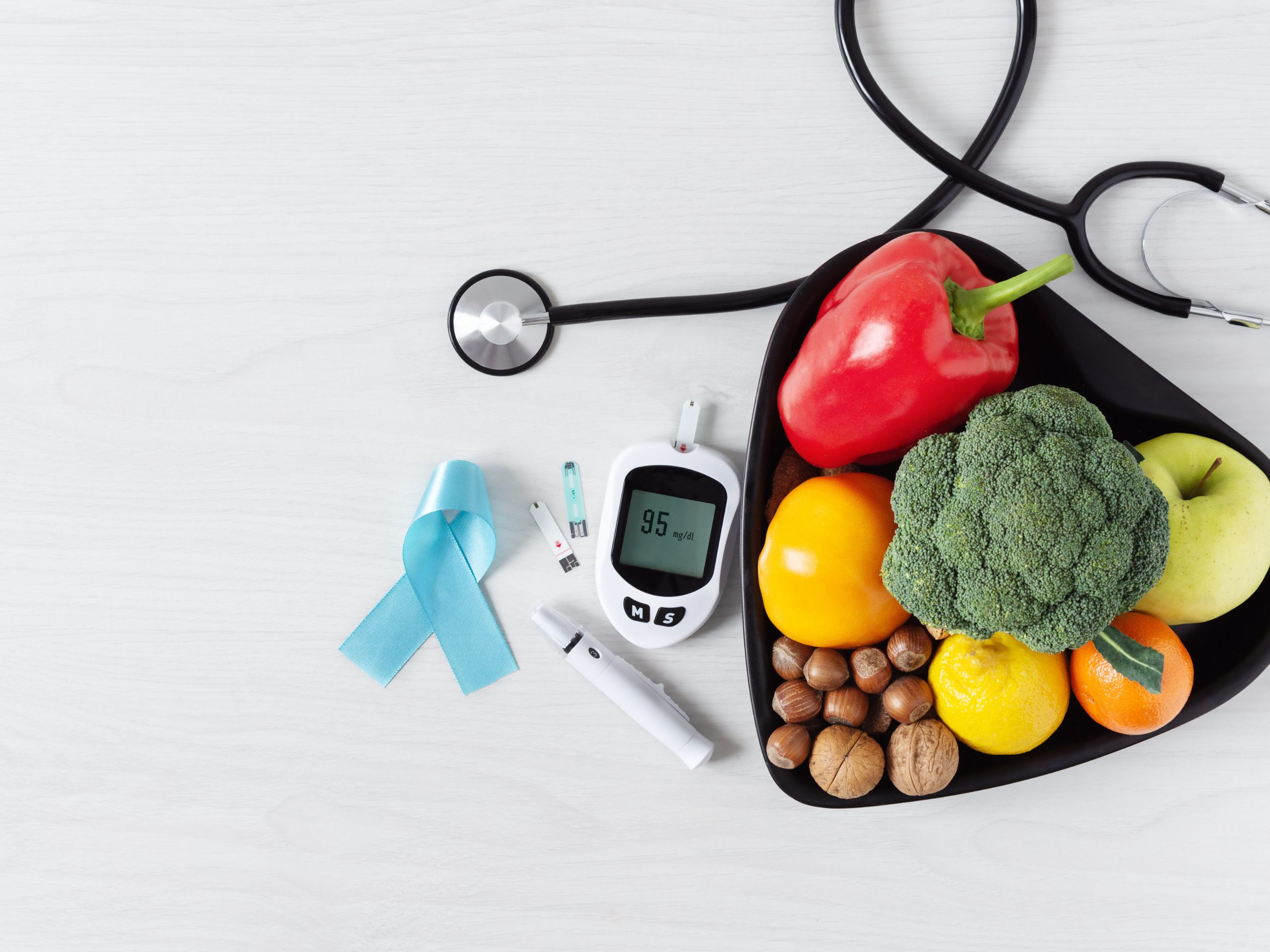The prevalence of type 2 diabetes is rising worldwide, especially in older adults. It is common to know someone with diabetes. Your diet impacts your health in so many ways. The good thing is that a healthy diet plays a key role in the management of type 2 diabetes.
Managing (and sometimes even reversing) the diagnosis is predominately in the control of the person themselves because it’s all about changing their lifestyle. Plant Based diets can be a great option for managing Type 2 Diabetes because the meals tend to be lower in saturated fat, and higher in fiber, fruit and vegetables and other protective substances like phytochemicals and antioxidants – therefore, they fit well with the current dietary guidelines for people with diabetes.
Potential, research-backed benefits of a vegan diet for diabetes includes improved blood sugar management, insulin sensitivity, and weight management. Plant-based meals can actually help people better manage their diabetes (think better blood sugar balance) and prevent dangerous complications from developing, like heart disease.
A study published in JAMA Internal Medicine found that those most closely following plant-based diets (emphasizing foods like whole grains, legumes, nuts, vegetables, and fruits, while de-emphasizing or eliminating animal foods such as meat, dairy, and eggs) had a 23% lower risk of developing type 2 diabetes.
Tips for a Plant-Based Diets for Managing Type 2 Diabetes:
- Vary your protein sources. The key to maximizing your intake is to diversify your sources of plant-based protein. It’s more than just tofu. Think tempeh, textured vegetable protein (pea or soy based), Greek style vegan yogurt, legume pastas.
- Choose complex carbs. Having a consistent intake of complex carbs is one of the most important factors for helping manage diabetes. It’s important for slowing down your digestion, which in turn slows down the rate at which glucose enters your blood stream. Think high fiber carbs-bulgur wheat, farro, millet.
- Limit highly processed snacks. Try to stick to whole foods whenever you can, like celery or fruit with nut butter, pita with hummus + add the volume with veggies.
- Prioritize nutrients. Vitamin B12, Calcium, Vitamin D, Zinc, Omega 3s, Iron and Vitamin C must all have some space on your plate. So strategic planning is needed when planning your plant-based meals.
If you’re interested in learning more about a plant-based diet- it’s important to understand how to plan your meals, shop for the healthy items, and monitor yourself in order to be successful in combatting diabetes.
If you are ready to commit to yourself and start making habit changes for successful management of your diabetes Click to Apply !

